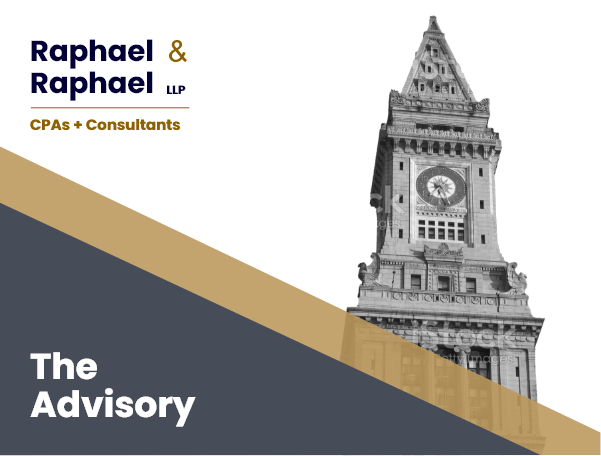
Newsletter
2022 Q3
Heads Up for 2022 Financial Statements—New GAAP Leasing Standards
After many years of delays, the updated accounting standards for recording leases will go into effect. This applies to tax years beginning after December 31, 2021, and will likely have a substantial impact. Currently, most business owners record rent expense for the amount they pay each month on their office and/or other leases. For leases with escalating rent, the expense should be flattened over the period of the lease, while the business carries a net asset or liability for the difference between the amount paid and the consistent monthly expense.
That said, many business owners frequently passed on flattening rent due to the added complexity and frequently trivial impact. Under the new standards, business owners will need to ensure rent is recorded on a straight-line basis and will also need to record an asset for their right to use the property and a liability for the present value of all future payments under the lease. We encourage all clients with debt covenants that involve balance sheet ratios to have a discussion with their bank about the impact of the leasing standards update.
The updated standards are notably complicated, and Raphael and Raphael is always available to help you get a head start on implementation.
Tax Legislation—The Inflation Reduction Act
While the most notable direct tax implications of the recently passed Inflation Reduction Act only apply to extremely profitable corporations, it also contains several credits that you can take advantage of, including:
- Tax credits for energy efficiency home improvements—these have been renewed and extended for over a decade, allowing you to claim up to $1,200 in credits based on 30% of the cost.
- Increased rebates in the MassSaves programs for HVAC improvements.
- Increased credits for home solar and energy storage systems, up to 30% of the cost.
- Credits of up to $7,500 and $4,000 for purchasing new or used electric vehicles, respectively, with the following caveats:
- Buyers can’t make more than $300,000 per year on a jointly filed tax return when claiming the credit for a new EV.
- The credit doesn’t apply to cars that sell for more than $55,000—or trucks, SUVs, and vans priced higher than $80,000.
Massachusetts Proposed Tax Legislation—Economic Development Bill
Before the end of the most recent legislative session, the Massachusetts senate proposed a large economic bill. While the bill was ultimately held in committee to further study its impact in conjunction with an older law limiting the state’s revenue growth, it included the following notable provisions:
- Increasing the child and dependent care credit from $180 to $360 per child or dependent, and removing the cap of two children or dependents.
- Increasing the rental deduction cap from $3,000 to $4,000.
- Increasing the state’s earned income tax credit from a 30% to a 40% match of the federal credit.
- Increasing the maximum senior circuit breaker credit from $1,170 to $2,340.
- Increasing the estate tax threshold from $1M to $2M.
Big firm expertise. Small firm relationships.
For more information about Raphael and Raphael LLP, or to sign up for our free newsletter, please reach out today.
Copyright © 2022 Raphael and Raphael LLP. All rights reserved.
52 Church Street, Boston, MA 02116